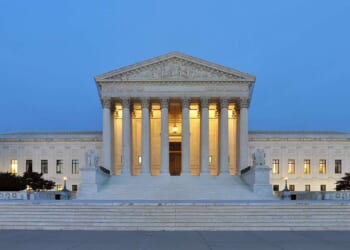When it emerged as the guiding organisational principle of the British state, multiculturalism was sold, in the words of the hugely influential Parekh Report, as “perhaps the country’s biggest single national advantage”. The arrival of peoples from all over the world, bringing with them their unique perspectives, cuisines, religions, dresses, and cultures, would allow Britain to move on from “a narrow, English-dominated backward-looking definition of the nation” into something altogether more vibrant and exciting. Multiculturalism was to “widen a society’s range of options and increase its freedom of choice, for it brings different cultural traditions into a mutually beneficial dialogue and stimulates new ideas and experiences”. All those within society would thereby gain the opportunity to escape the narrow constraints of the culture they happened to be born into, instead becoming free to choose from the plethora of practices they would encounter every day, in doing so creating all sorts of dynamic new cultural mixes.
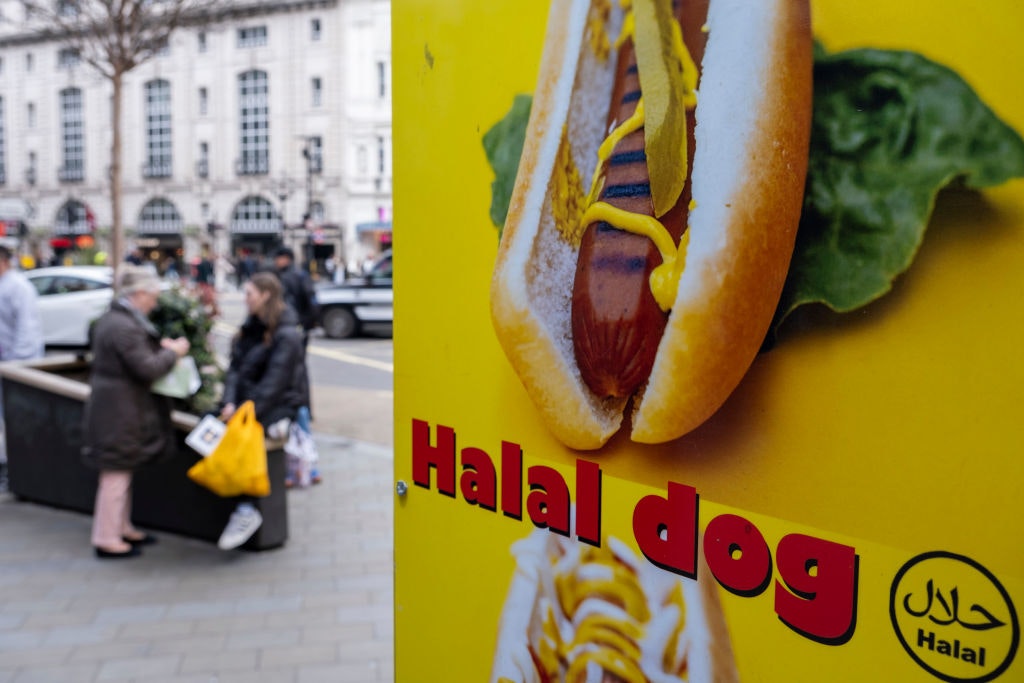
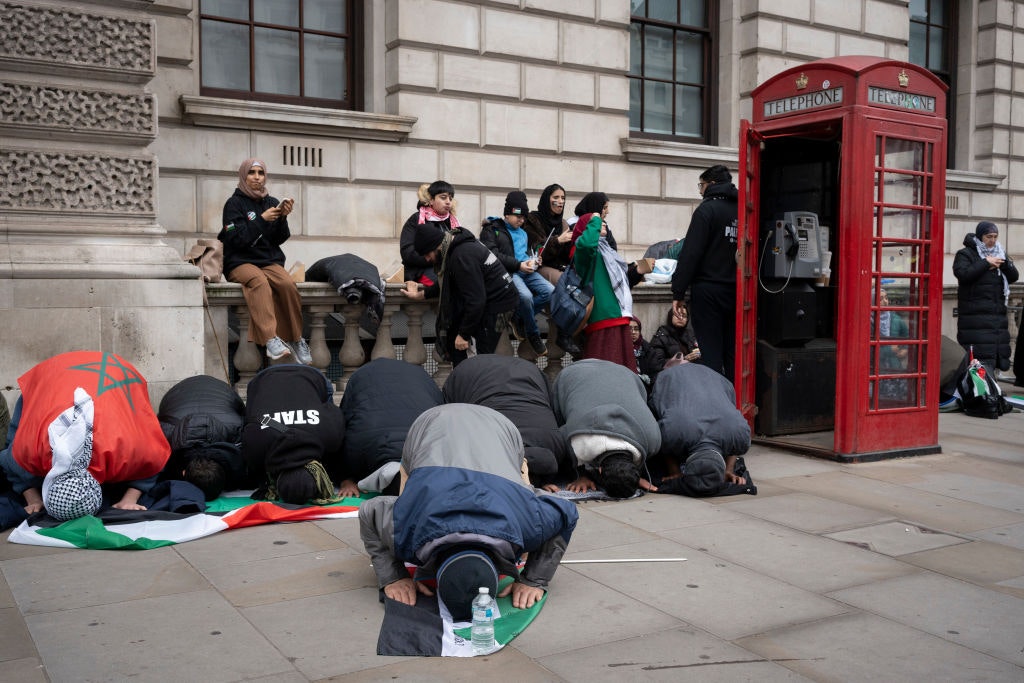
A quarter of a century has passed since the publication of the Parekh Report, with much of its predictions for a multicultural Britain coming true, though perhaps not quite as its authors had intended or expected. Certainly, “new ideas and experiences” that were previously unknown in these isles have taken root, and the look and feel of the country has been deeply changed. The multicultural Britain of today, or “yookay” as it has come to be disparagingly called, has since taken on a character all of its own, a long way from the “narrow, English-dominated” society derided by the Parekh Report. But the hope that multiculturalism would transform a nation that was grey, drab and bland into something better, more exciting and colourful, never quite materialised. Instead, Britain remains just as grey (it turns out multiculturalism could do little about our weather) and those drab cityscapes have remained just as dreary, even with the injection of halal butchers and fried chicken shops.
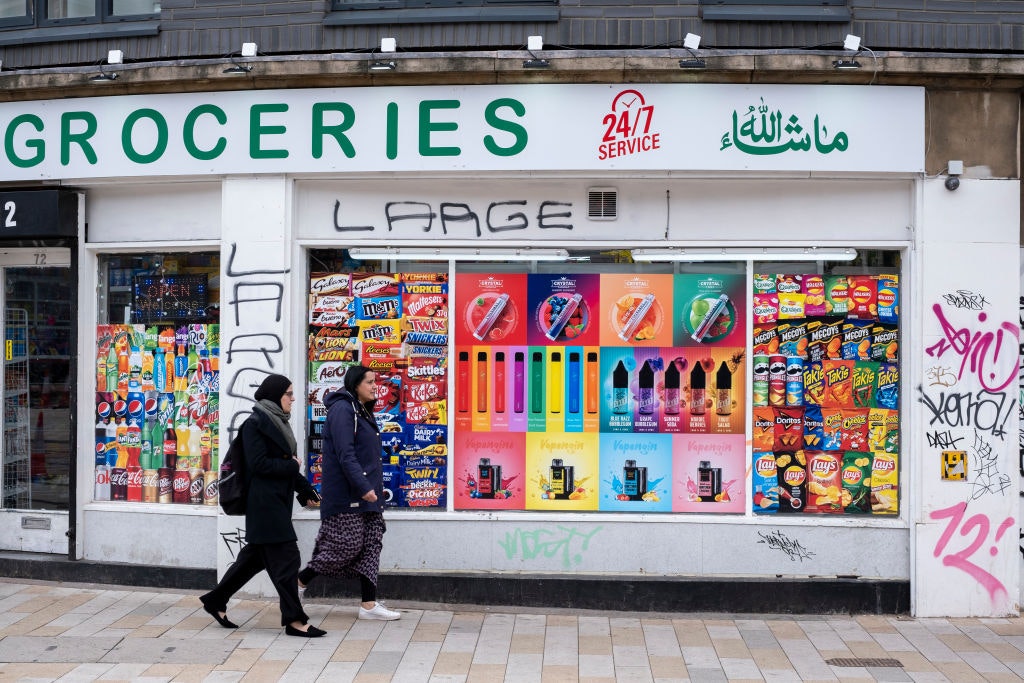
Critiques of this emergent society have often focused on the corrosive effects it has had on Britain’s politics, criminal justice system, or economy. Each are persuasive in their own right, but can often seem detached from everyday life — or “lived experiences” as the common parlance has it — especially the notoriously abstract economic arguments. Yet to argue that the transformation of Britain into a multicultural state — into the “yookay” — has been a failure and a detriment to British society need not rely on academic debates. Instead, the most persuasive argument is far blunter, and it is the one staring at us everyday in the face: it is the aesthetic quality, or lack thereof, that has come to dominate multicultural Britain.
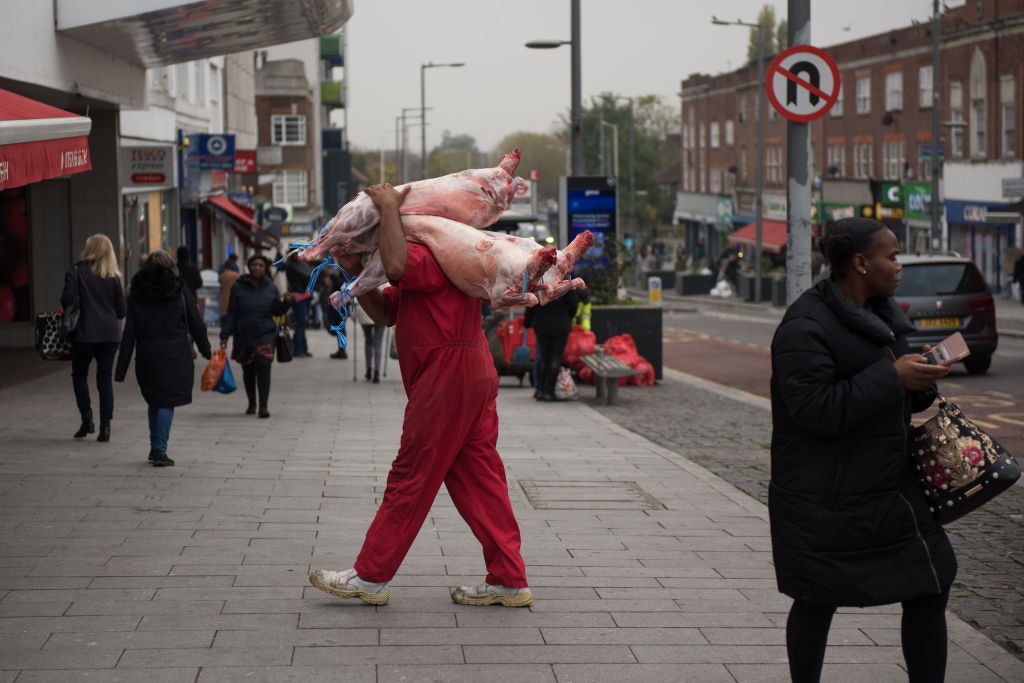
The exciting new aesthetic quality underpinned the appeal of multiculturalism, as the very best the cultures of the world had to offer would descend upon Britain, injecting some much-needed dynamism into a turgid and tired society, enlivening Britain into a vibrant global marketplace. Yet rather than delivering something akin to Istanbul’s Grand Bazaar, Britain increasingly resembles the low-grade commercial sprawl, devoid of taste or order, that can be found throughout the developing world. The promise was exciting new experimental fusions of disparate cuisines; in practice, the culinary fusion most commonly on offer in high streets across Britain is that of the Turkish kebab with American fried chicken, sometimes with Italian pizzas thrown in the mix for good measure. Instead of high streets full of exotic shops selling Persian rugs or Moroccan spices or French delicatessens, we get an incomprehensible number of vape shops and Turkish barber shops of dubious legality. Once mysterious religions that enthralled Anglo-orientalists have been thoroughly demystified, reduced to rackety dawah stands obnoxiously blasting nasheeds amidst backdrops of decaying commercial centres.
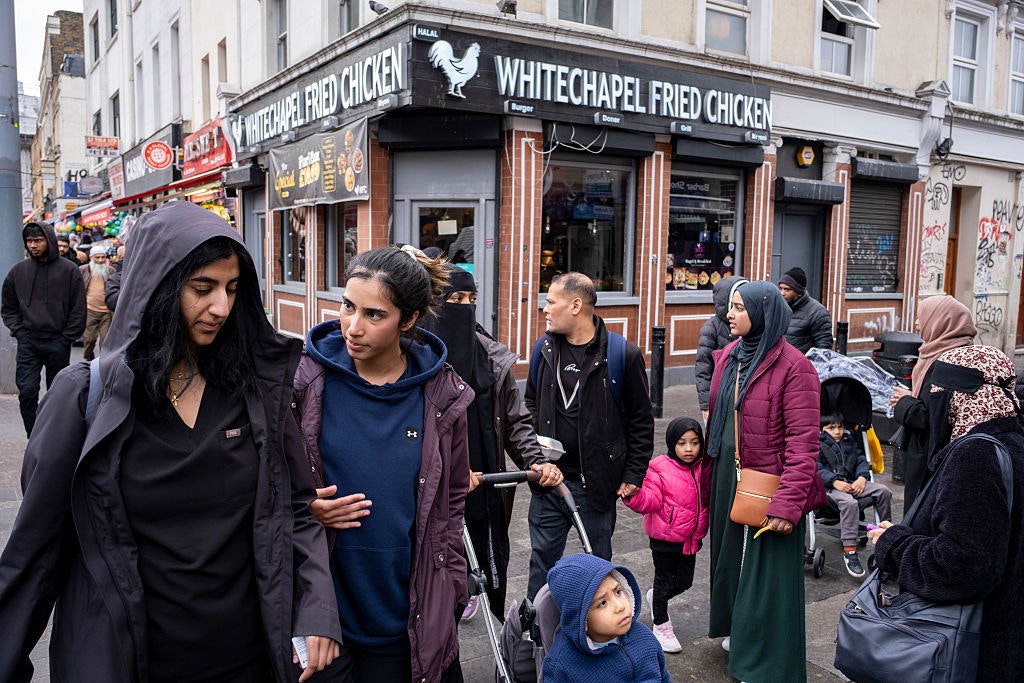
Perhaps the best encapsulation of the discrepancy between the high hopes for multiculturalism and deeply underwhelming reality is within the sonic realm, with the soundtrack of multicultural Britain becoming drill music, a genre which came to existence as a way for gang members to boast about murdering their rivals. Moral panics about popular music genres are nothing new, but those of previous eras concerned with the supposedly subversive and dangerous influence of groups like the Rolling Stones or Sex Pistols now seeming laughingly quaint in comparison to songs created for the purpose of gleefully recounting murders and mocking their dead victims’ mothers over thumping beats that all too often assaults the senses in Britain’s public spaces.
These complaints can seem superficial, and to some extent they are, just as the arguments for multiculturalism — of tastier food, more colourful shops, and exotic religious beliefs — were for the most part crudely superficial. But accompanying these aesthetic changes are issues far more profound that affect innate human needs for belonging, social bonds, and a sense of dignity and pride. The aesthetic transformation of Britain has created a world that is increasingly bizarre and discombobulating, lacking any sense of familiarity or continuity.
The most mundane tasks become an experience of alienation and dispossession. Quotidian interactions that establish a local sense of belonging, like having a brief chat with a shopkeeper or receptionist, become reduced to their utilitarian minimum, lacking in the sufficient language skills or common cultural touchpoints to advance beyond a few ritualistic grunts. The ambient sound of local transport becomes a cacophony of indecipherable languages, with even the adverts making you feel out of place, encouraging you to enjoy some gupshup or give money for Zakat, whatever that means. All add to a profound sense of alienation and isolation, like your home is no longer something you can recognise or even understand. You are forced to become a stranger in your own area, where your surroundings become meaningless and devoid of anything to which you can feel personal attachment.
This is the reality of actually-existing-multiculturalism, a world of endless chicken shops and Turkish barbers, of constant unfamiliarity, estrangement, and alienation, of a common language flattened of its regional varieties into a crude Multicultural London English pidgin. This is a vision of Britain that no-one seriously defends, let alone champions as a positive model for the future. Multiculturalists cling onto a fictitious vision of what multicultural Britain should be, what they wish it to be, whilst understanding very little about what it actually is. Slogans about diversity being a strength and multiculturalism making Britain a more exciting place to live ring hollow in contrast to the tattered reality it has brought about.
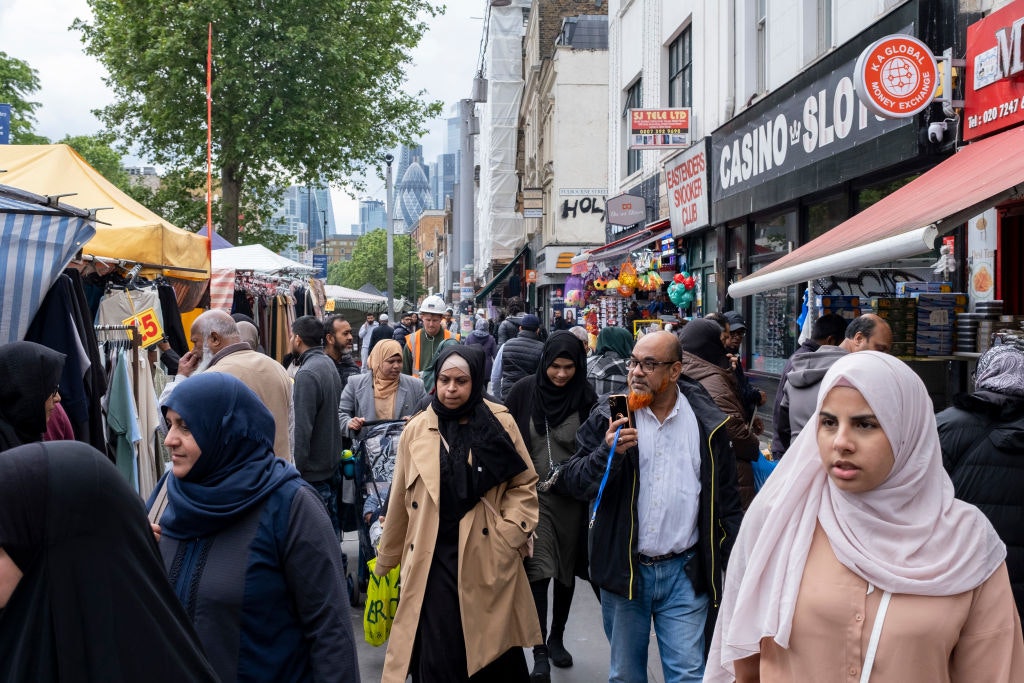
Multiculturalism is no longer an experiment; the results are in and are clear for all to see. The debate around its desirability should no longer be confined to fantasy and unfulfilled predictions about what kind of society might emerge, but to the reality that it has already created. When a multiculturalist seeks to defend their views, they should be bluntly confronted with the society they have created. There is no point speculating about the “mutually beneficial dialogue [and] new ideas and experiences” it might bring; instead, just look around. Go to those areas of Britain where multiculturalism has been most totalising — take a trip to Luton, Newham, Slough, or perhaps Sparkbrook — and question: “is this the kind of society I want to live in? Is this better than what came before? Is this better than the alternatives?”. For on our current trajectory, they are the sights and sounds that will soon cover the whole of Britain.


